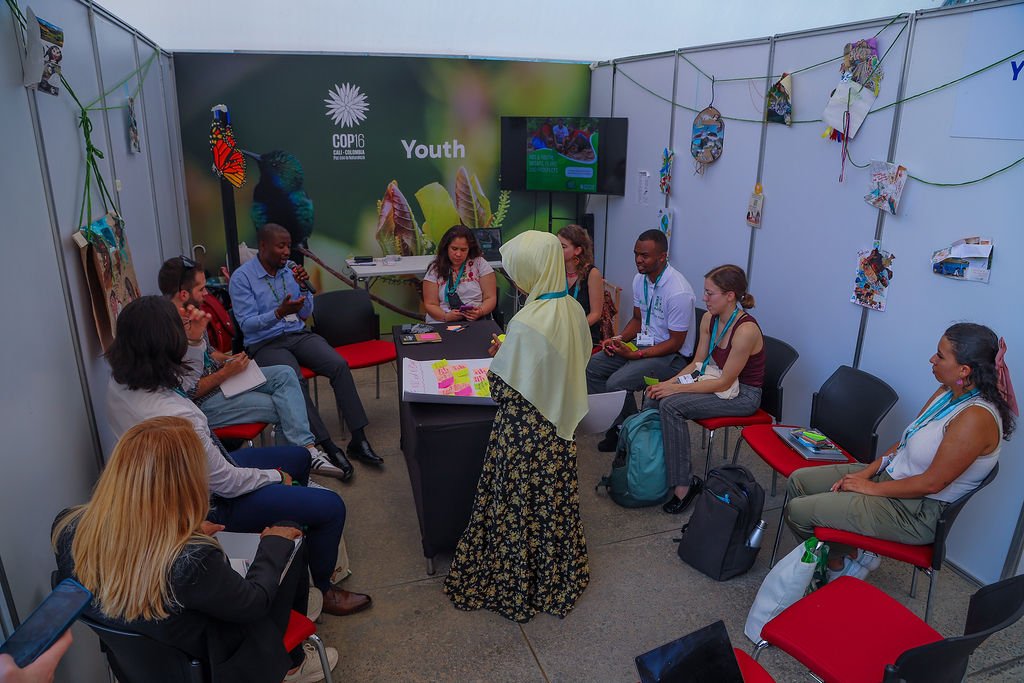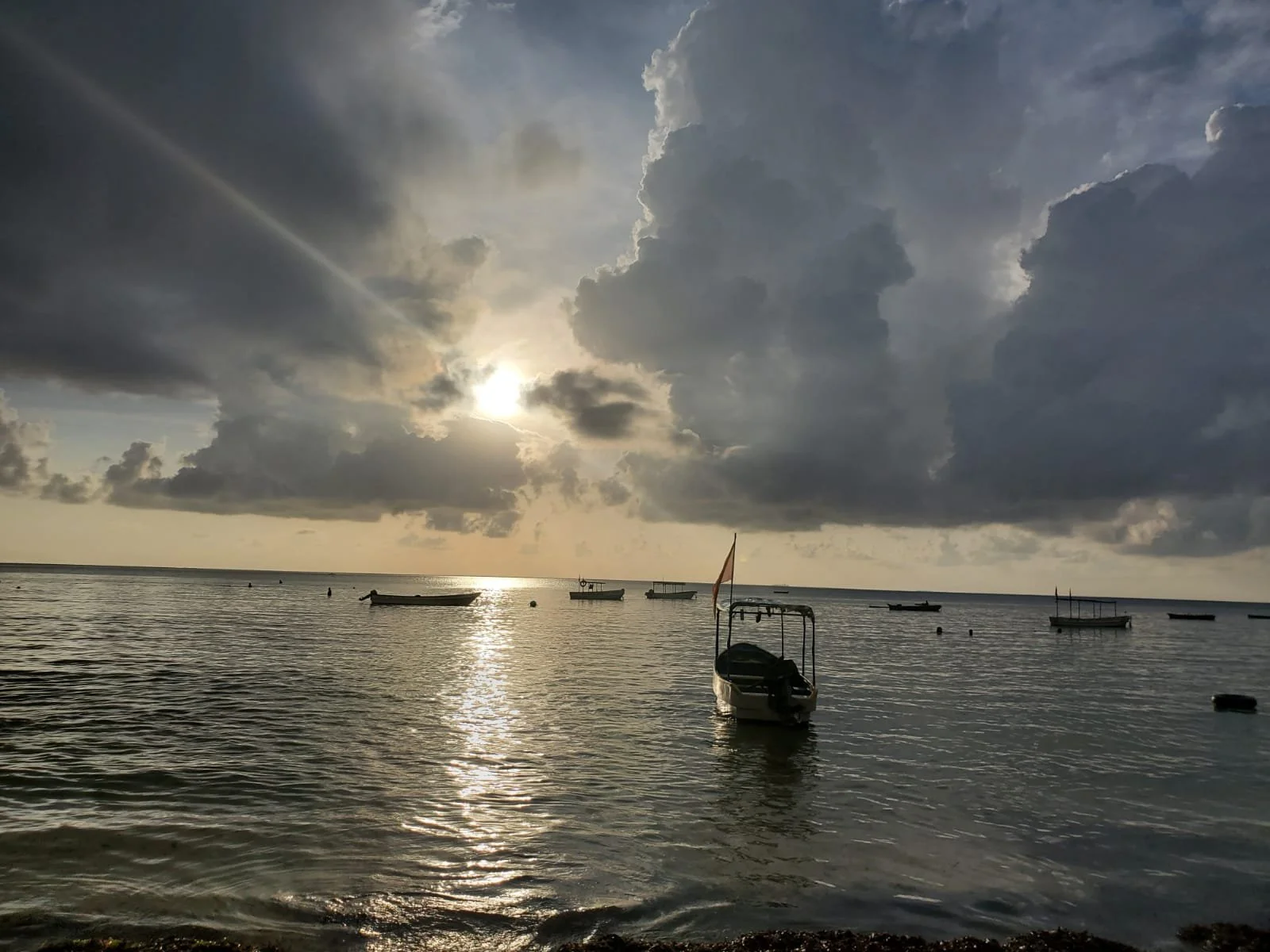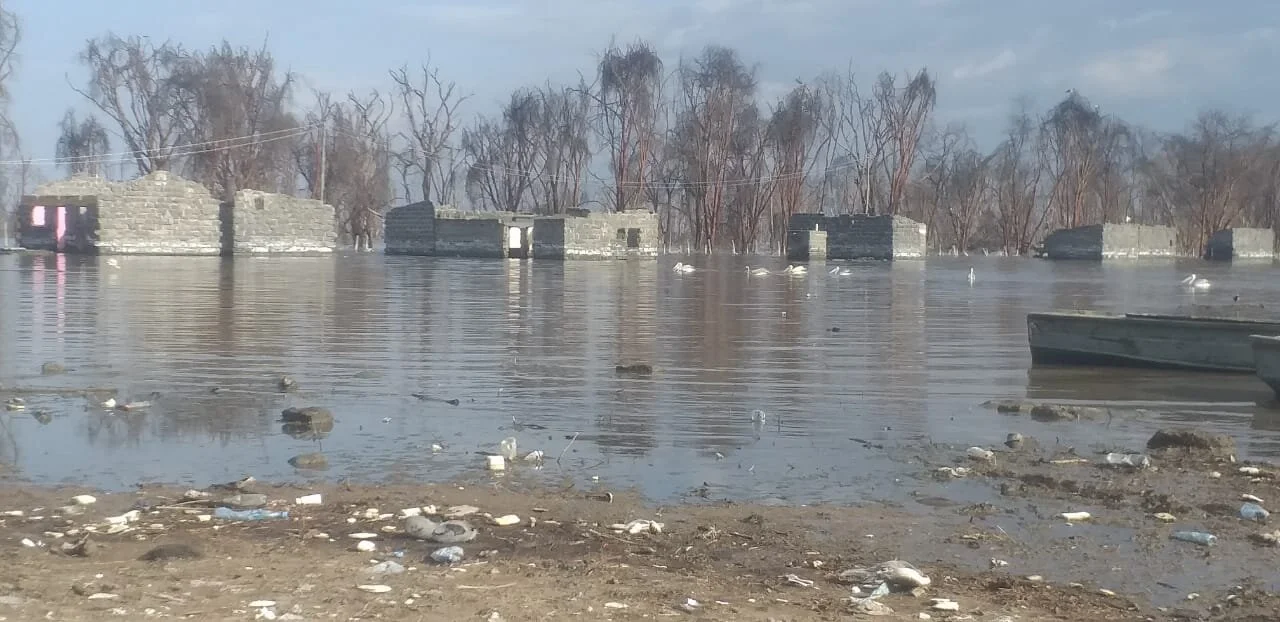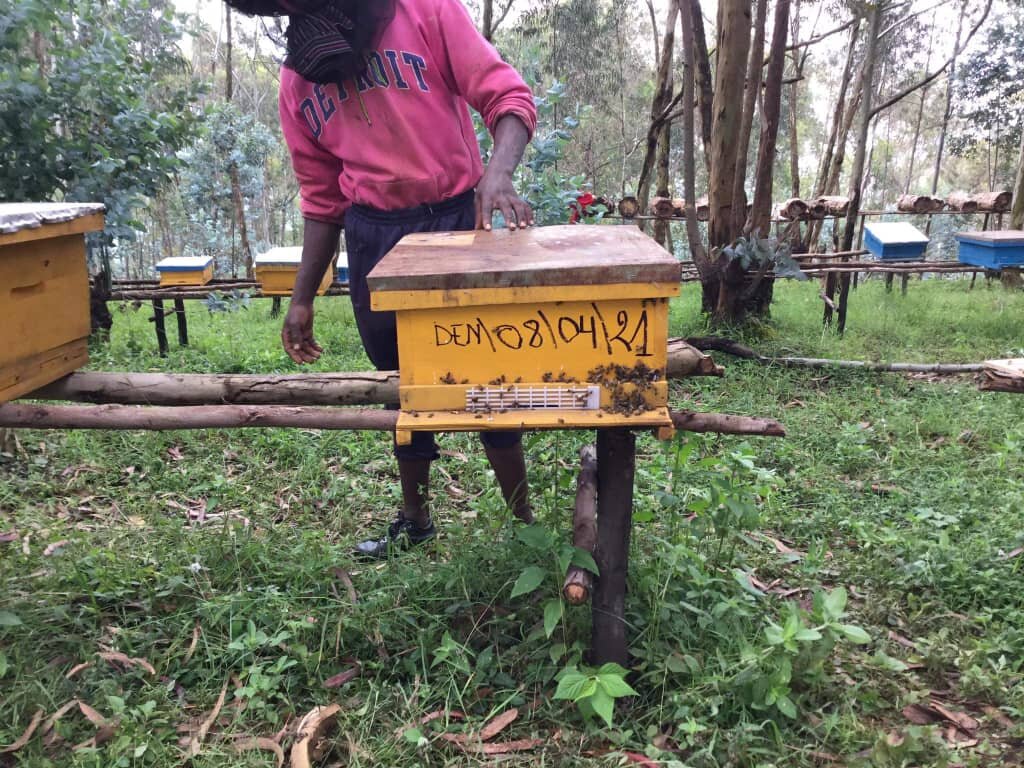This blog post provides an overview of the impact of COVID-19 on youth in agribusiness in Zimbabwe. It highlights key findings and offers insights from 5 government-led relief initiatives, and suggests potential solutions to not only rebuild youth leadership in agribusiness in the country, but to support sustainable practices for climate and biodiversity as well.
Nature at work (or at risk): health, resilience, recovery and relief meet air, water, and food systems at Cop28
Food Systems as a Solution for Our Ecological Crisis: A Collaboration Between “The Farmers I Know” and Youth4Nature
#PHOTOCHALLENGE: DECEMBER 2021
That’s a wrap! 2021 has been a long yet fulfilling year for our community. While these stories bring us from mountains to deserts to coasts, they carry the complexity of raising deep concern, while also showcasing the beautiful landscapes and resilience in Afrika and its people. As you enjoy our December #PhotoChallenge, may it help you reflect on your 2021 journey and intentionally plan into the coming year!
#PhotoChallenge: September 2021
The truth is, for most of us in the Global South, we feel the drastic effects of the climate and nature crises, and are acting now because we do not have the luxury of time to wait for any other person to do it! The time is now, and we are doing all we can. Be encouraged to keep doing your part as well. And for now, join our Global Ambassadors in their own words and photos, as they bring us closer to their landscapes this month!
Reflections from the Food Systems Pre-Summit: A youth perspective
“It is clear after the Pre-Summit that food systems play a major role in achieving the SDG goals for 2030. We have 9 harvest seasons left until 2030 and if any change is to occur, especially on a system wide scale, all stakeholders must come together and create policies that will span across all components of food systems, along all chains, and individuals.”
Pollinators For Our Survival Webinar Series Summary
The Pollinators For Our Survival webinar series drew a great deal of focus towards the significance of pollinators responsible for the survival and existence of our food systems, and ultimately for humanity. The three packed series took a deep dive into the significance of pollinators; further taking into account their conservation value and status in a 21st century world. Read on for a summary of the series and how to learn more!
World Bee Day 2021: Bees of Africa
We commemorate World Bee Day by recognising the functions of bees in food systems, community livelihoods and a balance in biodiversity. And in line with this year's theme, Bee Engaged, we highlight some practical actions for bees and pollinators, and things you can do to ensure their conservation, in Africa and the world over!
Reflect with Us: State of Pollinators in Polluted Environments
Have you ever wondered what the fate of pollinators -mostly bees- is in polluted environments? Are bees really on the rise, or on a deep decline? What are the drivers, and what are the experiences like, for farmers who spent most time with these little friends? This is what we embarked on during our second webinar in the Pollinators for our Survival series. Gathered from…
The Double-Edged Nature of Land: A Practical Analysis of the IPCC's Special Report on Climate Change and Land
“[…] the IPCC’s SRCCL shines light on interlinked global challenges like climate adaptation and mitigation, desertification, land degradation and food security, whilst suggesting land-related actions/NBS that can mutually benefit all these areas. Whilst much of the current discussion misguidedly focuses on singular individual lifestyle changes, just like with the Special Report on 1.5C, we urgently need large-scale and context-dependent action that is participatory, inclusive, multi-sectoral, and actively considers ecological, social, economic, cultural and institutional factors.”














